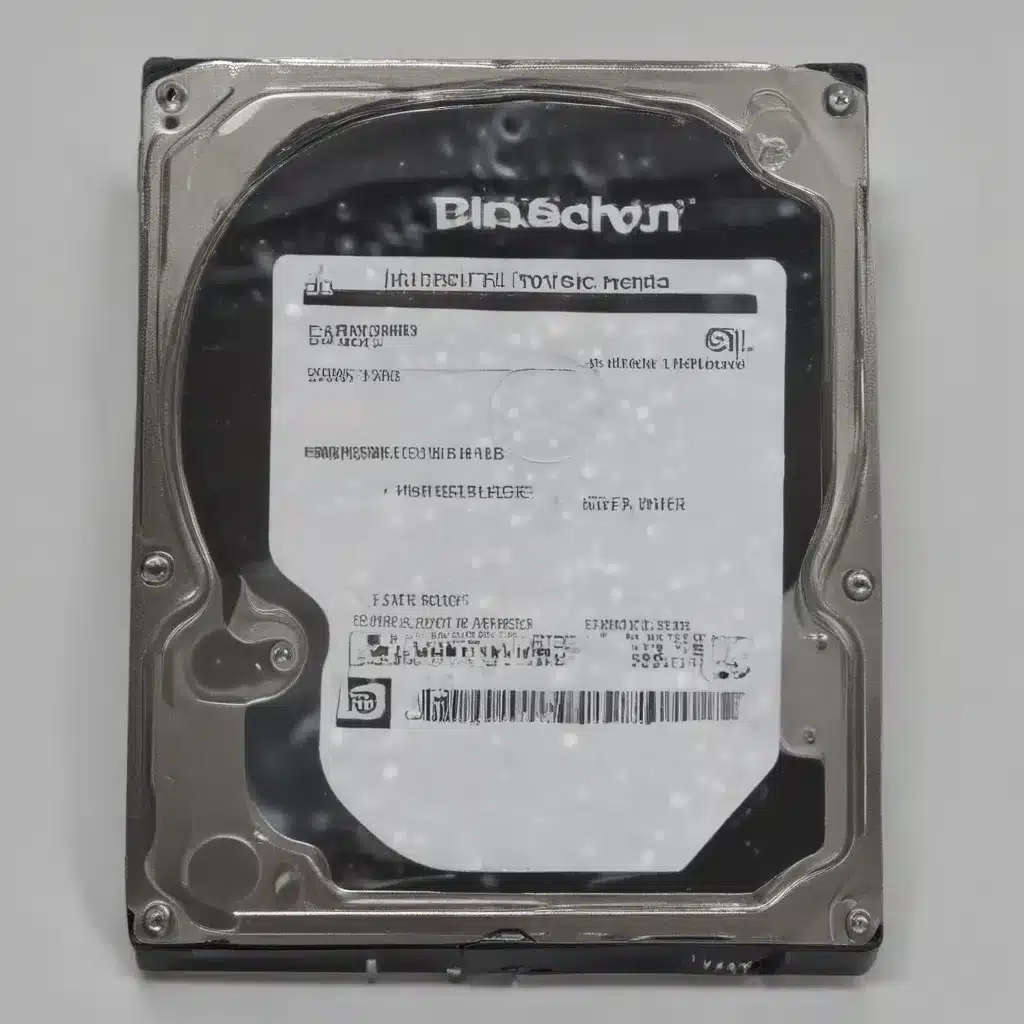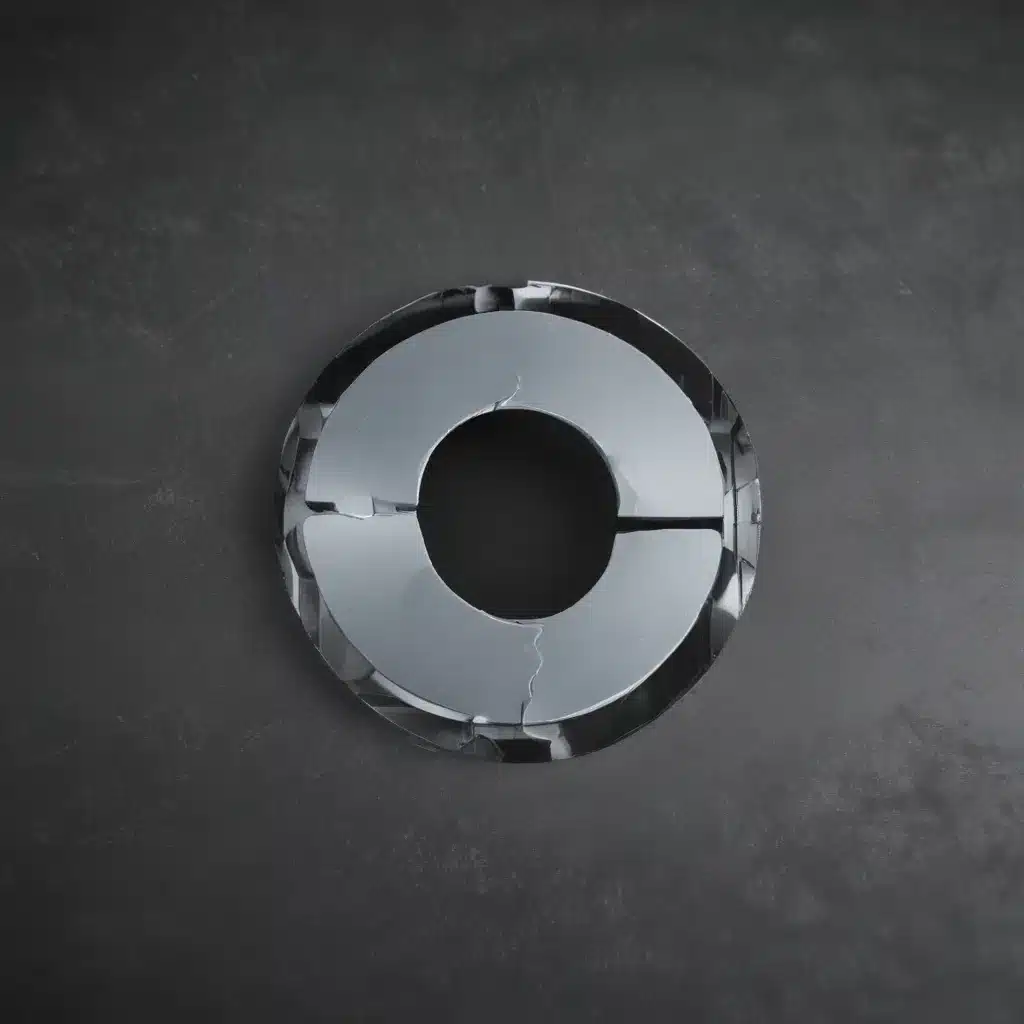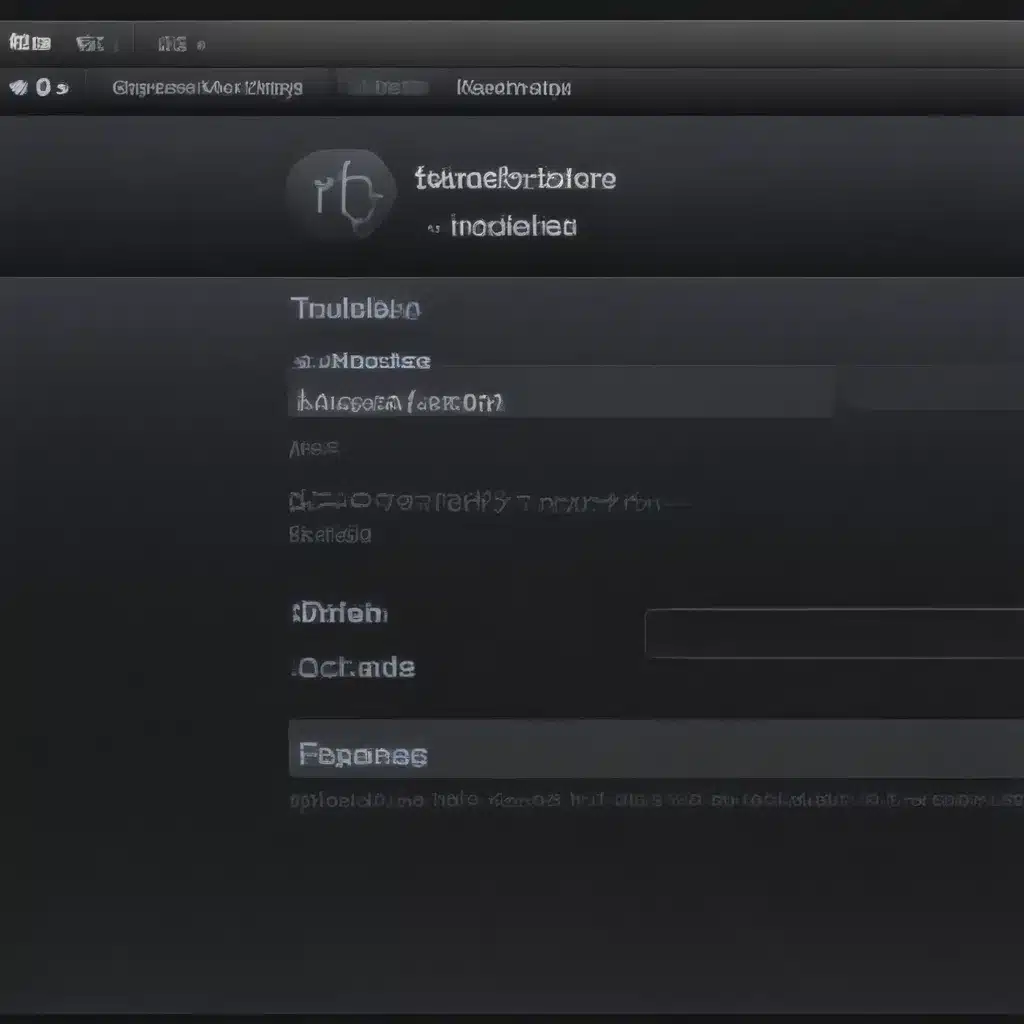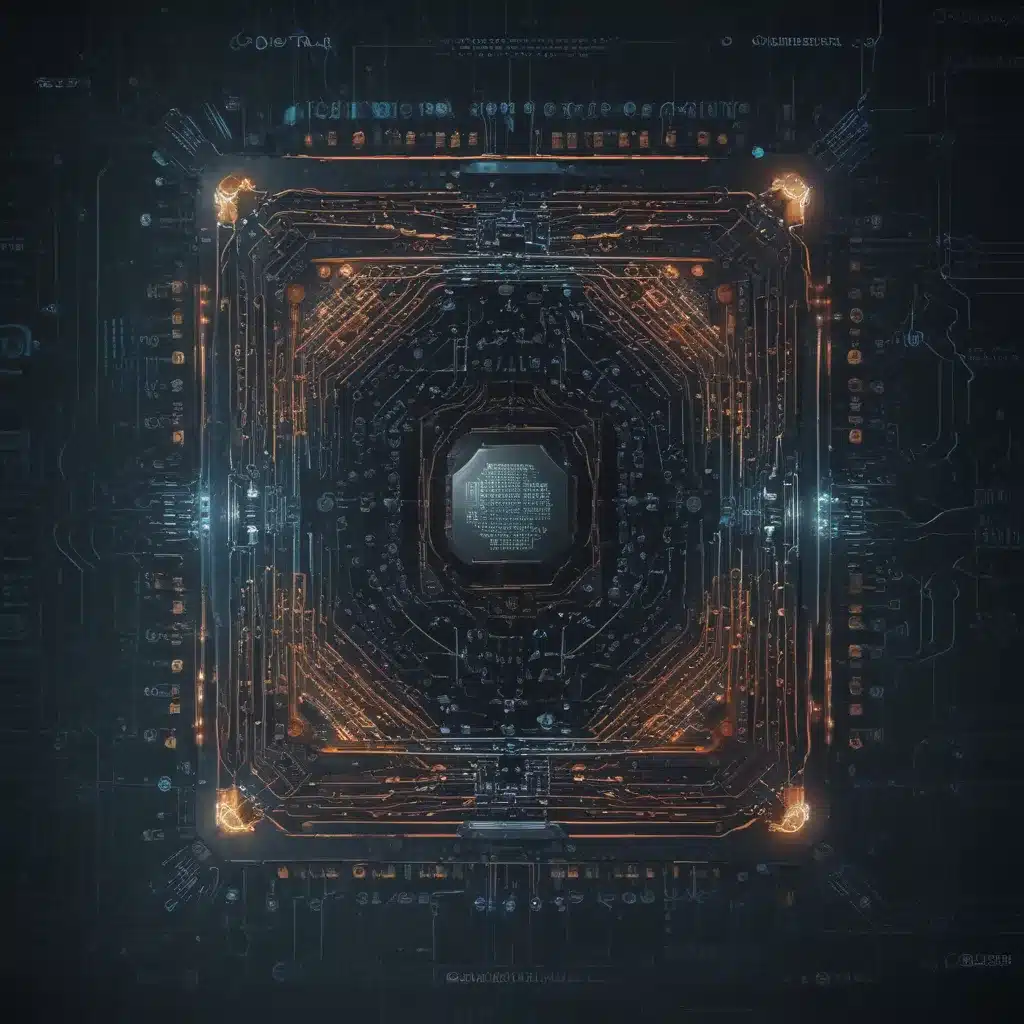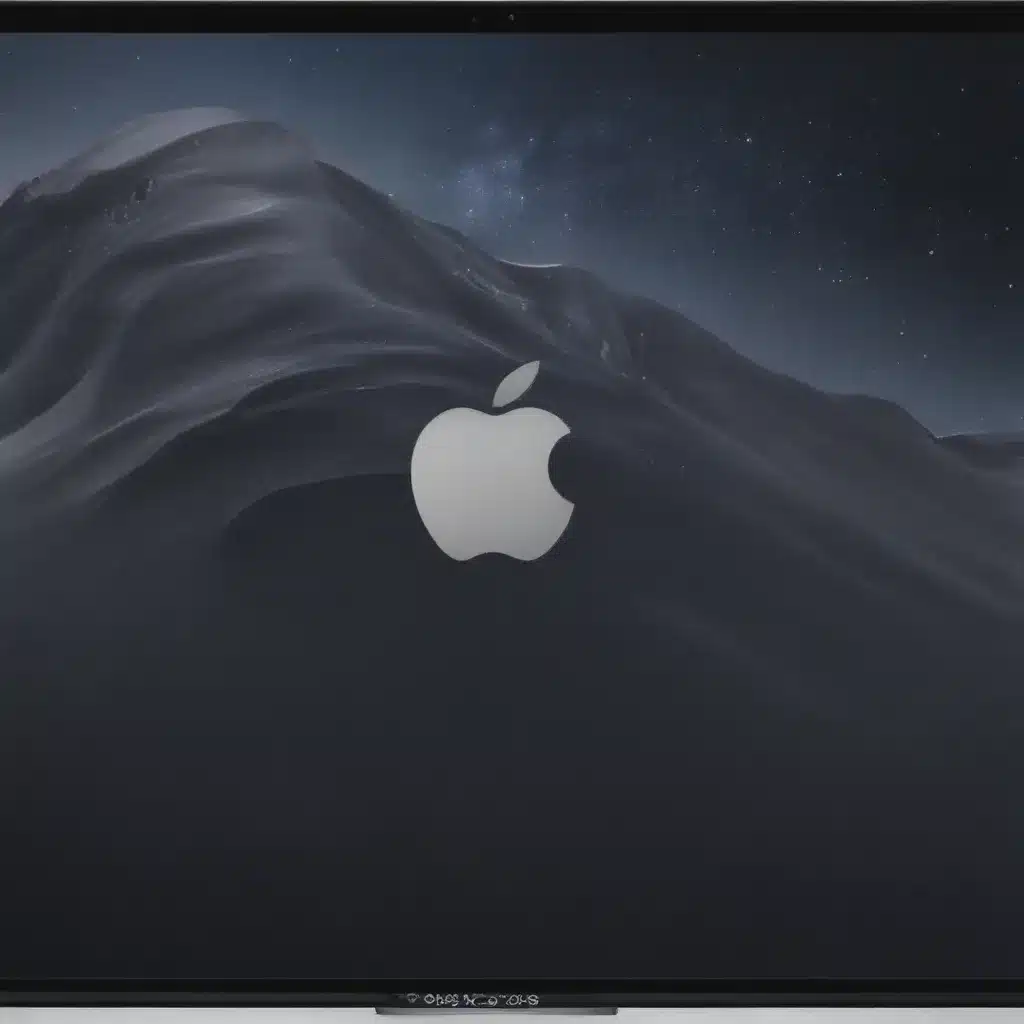Uncovering the Secrets of Deleted Data
Ah, the age-old question that’s plagued computer users for decades: “How long does a deleted file really stay on my hard drive?” It’s a mystery as old as the personal computer itself, and one that’s kept many of us up at night, wondering if our most sensitive information is truly gone for good. Well, buckle up, my friends, because we’re about to embark on a journey of discovery that’ll have you questioning everything you thought you knew about data deletion.
You see, I’ve been there – standing in the middle of a research station, watching in horror as a hapless trainee wiped out an entire spreadsheet’s worth of critical data with a single click. [3] The panic was palpable, the tension thick enough to cut with a virtual knife. But as I dove headfirst into the world of data recovery, I learned that the truth about deleted files is far more complex than it first appears.
The Illusion of Permanent Deletion
It all starts with a fundamental misunderstanding about the way our digital world works. When we hit that “delete” button, we’re often under the impression that our files have been wiped clean from the very face of the Earth. But the reality is, my friends, that those files are still very much alive and kicking – at least, for a while, anyway. [4]
You see, when you delete a file, your operating system doesn’t actually remove it from the hard drive. Instead, it simply marks the space that the file occupied as “available” for new data to be written over it. [2] So, in essence, your deleted file is still there, just waiting patiently for the day when it’s finally overwritten by something new.
Now, you might be thinking, “Well, that’s not so bad, right? As long as I don’t write any new data to my hard drive, my deleted files are safe!” And you’d be partially correct. The problem is, our computers are constantly writing new data to the drive, whether we’re aware of it or not. [1] Every time you open a program, save a document, or even just browse the web, you’re generating new information that’s got to go somewhere. And where does it go? Right on top of those supposedly “deleted” files.
The Race Against Time
So, the big question remains: how long does it actually take for a deleted file to become truly unrecoverable? Well, the answer, my friends, is a bit of a moving target. [7] It all depends on a variety of factors, including the size of the file, the overall capacity of your hard drive, and how actively you’re using your computer.
As a general rule of thumb, smaller files tend to get overwritten more quickly than larger ones. [1] After all, there’s only so much room on a hard drive, and those big honking files are going to take a bit longer to get pushed out of the way. Additionally, the more you use your computer, the faster those deleted files will get overwritten. [4] If you’re a heavy user who’s constantly creating new documents, browsing the web, and downloading all sorts of digital goodies, your deleted files are going to have a much shorter shelf life than someone who uses their machine more sparingly.
But even with all of these variables in play, there’s one universal truth: the longer you wait, the better your chances of permanently saying goodbye to those deleted files. [7] That’s why it’s always a good idea to act quickly if you realize you’ve accidentally deleted something important. The sooner you can get a data recovery tool on the case, the better your odds of retrieving that file before it’s lost to the digital ether forever.
The Dangers of Lingering Data
Now, you might be thinking, “Well, who cares if my deleted files are still hanging around? It’s not like anyone else can see them, right?” Wrong, my friends. [4] That’s where the real danger lies.
You see, those supposedly “deleted” files aren’t just sitting there, minding their own business. They’re just waiting to be discovered by the wrong people – hackers, scammers, or even nosy coworkers who stumble upon your old machine. [4] And if they manage to get their hands on that data, it could spell all sorts of trouble, from identity theft to corporate espionage.
That’s why it’s so important to make sure you’re properly disposing of your old computers and hard drives when you’re done with them. [4] Simply deleting files and calling it a day isn’t enough – you need to make sure that data is completely and irreversibly wiped clean, either through a specialized data destruction service or by physically destroying the drive itself. [4] After all, you can’t be too careful when it comes to protecting your sensitive information.
Navigating the Deleted Data Minefield
But fear not, my friends, for there are ways to navigate this treacherous world of deleted data with your sanity (and your sensitive information) intact. The key is to stay vigilant and proactive, always keeping a close eye on the files you’re deleting and the devices you’re getting rid of.
For starters, make it a habit to regularly clean out your Recycle Bin or Trash folder. [4] Just because those files have been removed from your active file system doesn’t mean they’re gone for good. They’re still lurking in the shadows, waiting for the right moment to come back and haunt you.
And when it comes time to say goodbye to an old computer or hard drive, don’t just toss it in the bin and call it a day. [4] Take the time to properly wipe the drive, either through a dedicated data destruction tool or by physically destroying the hardware itself. [4] That way, you can rest assured that your sensitive information is truly gone for good, no matter how long it might have been lurking on that drive.
Conclusion: The Eternal Dance of Deleted Data
At the end of the day, the truth about deleted files is a lot like a dance – a delicate, ever-changing dance between you, your computer, and the mysterious forces of the digital world. [7] It’s a dance that’s been going on since the dawn of the personal computer, and one that’s likely to continue for as long as we rely on these incredible machines to store our most sensitive information.
But with a little bit of knowledge, a lot of vigilance, and a healthy dose of caution, we can learn to navigate this digital minefield with confidence. [4] So the next time you hit that “delete” button, remember: your file may be gone, but it’s never truly gone for good. And that’s a secret worth keeping close to your hard drive.
[1] https://www.quora.com/How-long-does-it-take-for-a-permanently-deleted-file-on-a-hard-drive-to-become-unrecoverable
[2] https://www.reddit.com/r/explainlikeimfive/comments/192vm62/eli5_how_permanently_deleted_files_in_a_computer/
[3] https://www.officesolutionsit.com.au/blog/are-files-really-deleted-after-you-empty-them-out-of-the-recycle-bin
[4] https://www.reddit.com/r/explainlikeimfive/comments/oli8fn/eli5_where_do_permanently_deleted_files_go_in_a/
[7] https://www.minitool.com/news/how-long-it-take-before-a-deleted-file-is-unrecoverable.html

